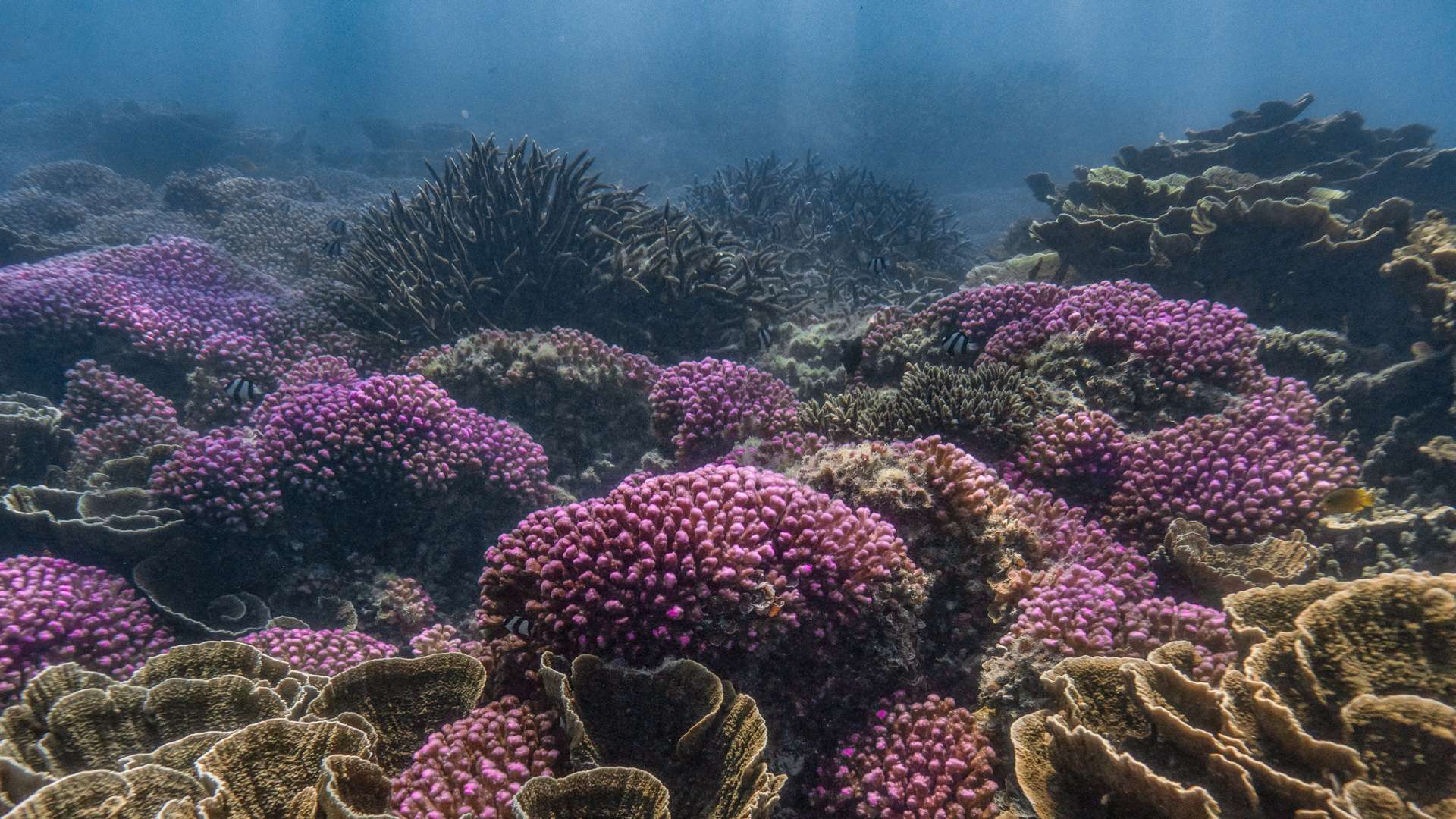Safe Eclipse Viewing
It is never safe to look directly at the sun or a reflection of the Sun – even if the Sun is partly obscured.
Viewing a solar eclipse incorrectly can cause irreversible loss of vision. The retina has no sensitivity to pain and the effects of any damage may not appear for hours. Children are especially at risk due to more light reaching the retina than adults.
A safe way to view an eclipse is via an indirect method such as a pin-hole viewer.
The use of eclipse viewing glasses to directly view the sun is not completely safe. Even where the lenses are certified to meet the applicable standards, improper use of these glasses may still result in serious eye damage.
If using special eclipse viewing glasses please remember the following:
- Always check the glasses before use. If the lens are scratched or damaged in any way the glasses should not be used and must be disposed of.
- Ensure the glasses or filters comply with certification standards.
Do not use regular sunglasses, exposed film or x-ray film to view a solar eclipse.
Slip, slop, slap – safe fun in the sun
Be prepared for hot and dry conditions, even though it’s autumn. Expect daytime temperature of around 30-35℃ with a high UV rating. Sun protection and good hydration (plenty of water) are crucial to ensure visitors and locals alike avoid sunburn, dehydration and heat stroke which can be extremely serious and, in extreme cases, life threatening.
Be sun smart with a suitable shade hat, polaroid sunglasses, light clothing (long sleeve shirt and pants if possible) and regular application of a good, high coverage (50+ spf) sunscreen. Please consider the natural environment and use Reef-safe sunscreen if you intend exploring the Ningaloo Reef.
Medications, first-aid and health services
The expected numbers of visitors to the region has the potential to put pressure on the health resources of Carnarvon and Exmouth Hospitals and Coral Bay Nursing Post. To manage this pressure the WA Country Health Service will be providing extra medical, nursing and other staff during the week of the eclipse, when demand is expected to be at its peak. An increase in medical support to the region; including increased ambulance and paramedics, an emergency helicopter retrieval service and the deployment of a Medical Assistance Team to Exmouth amongst of measures will be in place to support the region during the event.
There will be a number of events taking place across Exmouth, Carnarvon and Onslow and first aid stations staffed by trained first responders will be on hand.
Visitors can play their part by packing any medication they may need, along with some basic first-aid provisions.
Mosquito Awarenes
With the risk of serious mosquito-borne disease across WA increasing significantly, remember to cover up and use repellent to avoid mosquito bites.
Murray Valley encephalitis (MVE), Kunjin and Japanese encephalitis (JE) viruses have been detected across a wide area of WA, and people should take appropriate precautions.
Initial symptoms of MVE and JE include fever, drowsiness, headache, stiff neck, nausea and dizziness.
People experiencing these symptoms should seek medical advice as soon as possible.
Find out more: https://www.fightthebite.com.au
Free Covid-19 RATs
To help keep the community safe while reducing the impact of COVID-19 on households, workplaces and attendees during the Eclipse period, free RAT tests are available:
Individuals can collect free RATs from the Exmouth visitor centre, 2 Truscott Cres, Exmouth WA 6707 between:
- 9am to 4pm Monday to Friday
- 9:30am to 4pm Saturday and Sunday
RATs will be available for collection until Friday 21 April 2023. Get in early to avoid missing out.
Accommodation providers and other business can collect bulk RATs from Exmouth Senior High school, 2 Carpenter Street, Exmouth. The collection building is located on the far eastern side of the main campus of Exmouth District High School.
- 10am to 1pm weekdays from Tuesday 11 April 2023
Follow the Health advise if you return a positive test: COVID-19 (coronavirus) (healthywa.wa.gov.au)
Got a question to help plan your Ningaloo Eclipse event?
